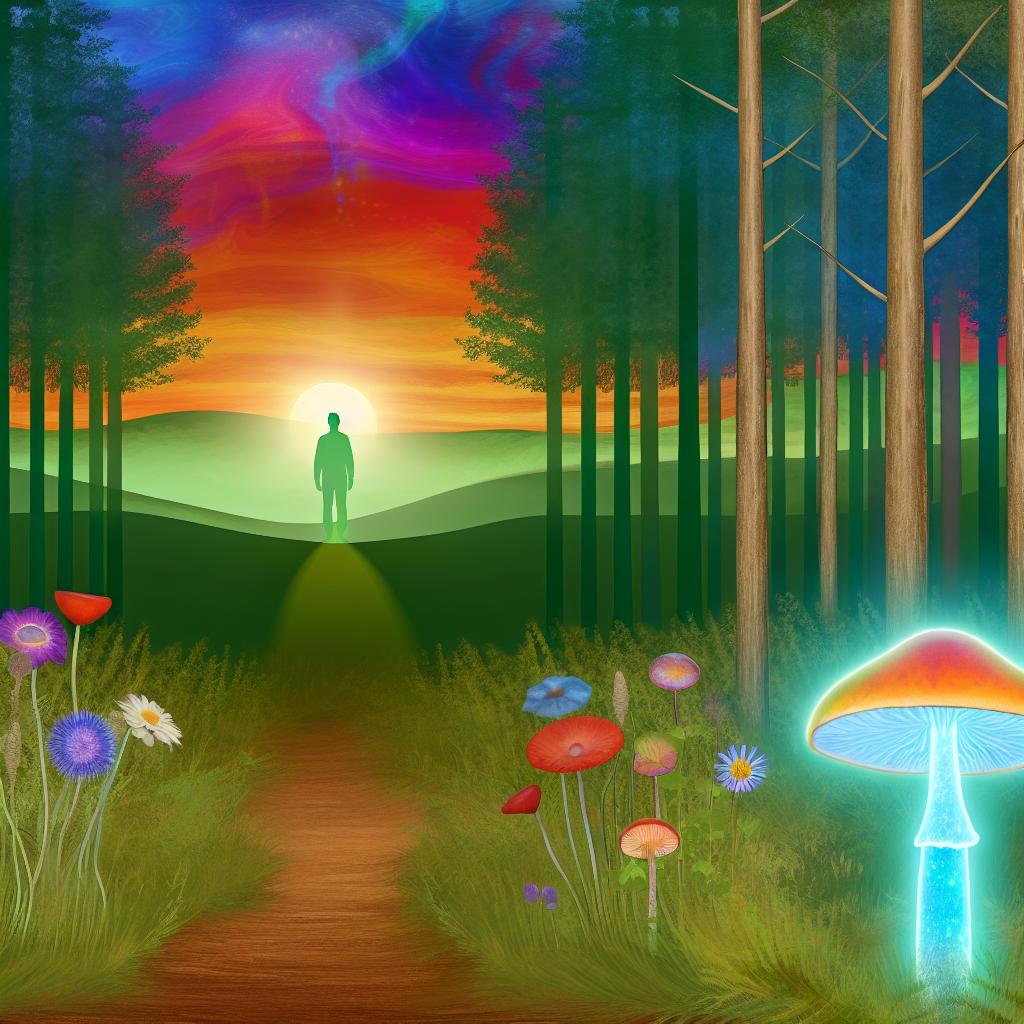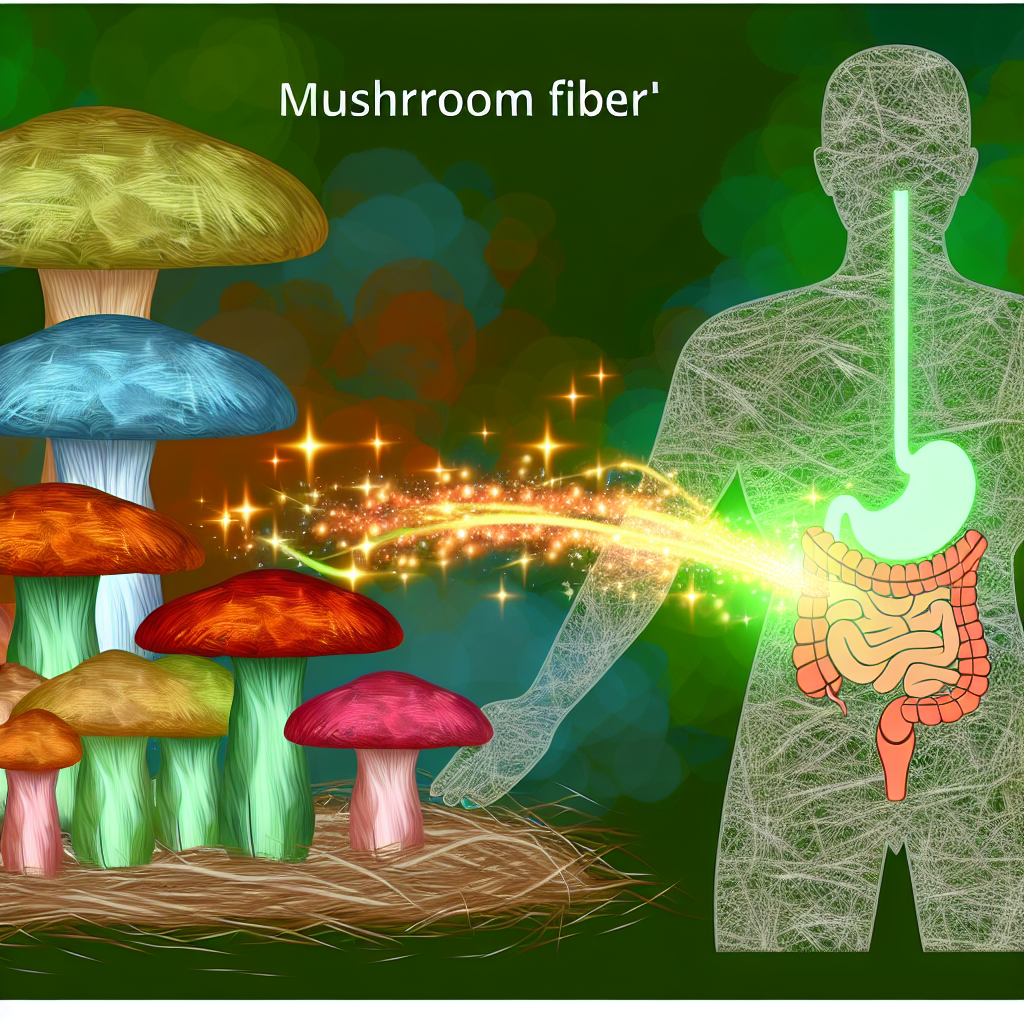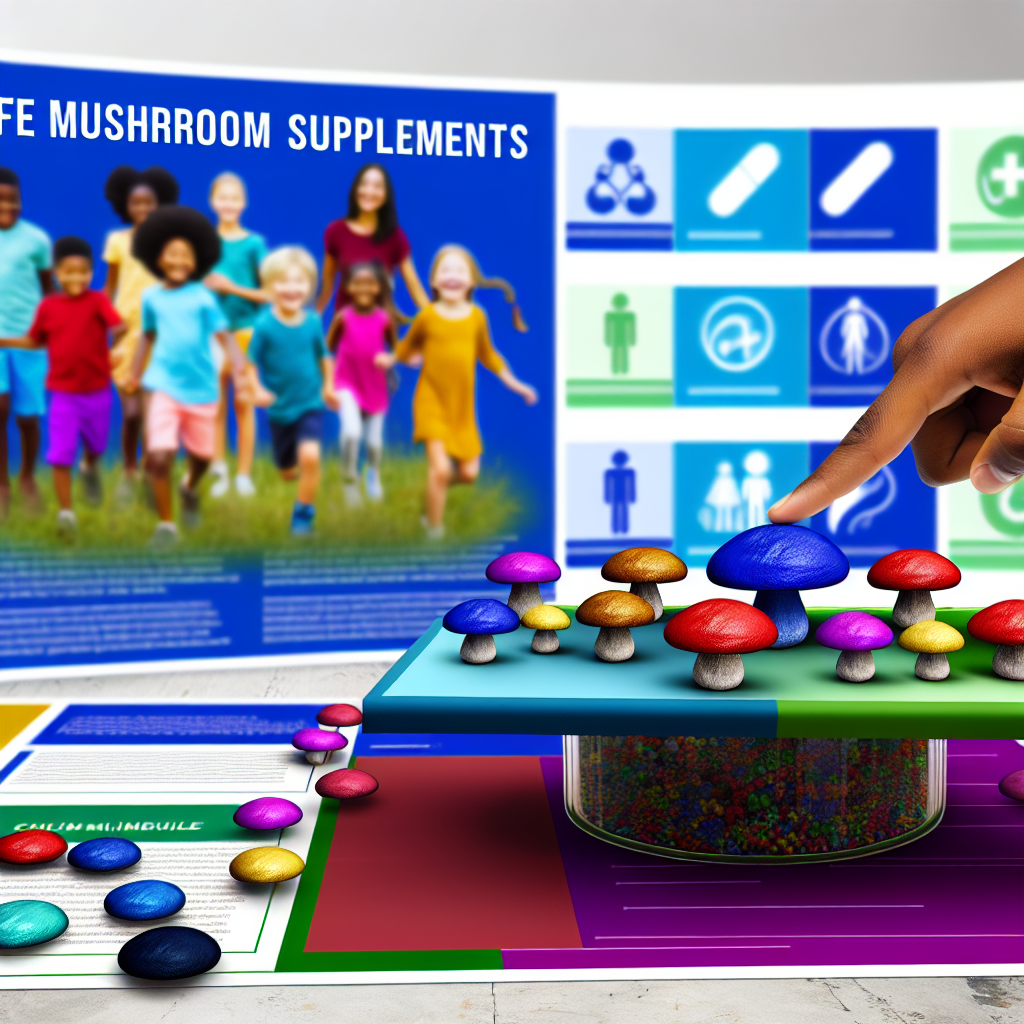Psilocybin-Assisted Therapy: Breakthrough Treatment Models for PTSD
Reimagining Trauma Recovery: The Rise of Psilocybin Therapy for PTSD
Post-Traumatic Stress Disorder (PTSD) is a debilitating mental health condition that affects millions across the globe, often following exposure to traumatic events such as military combat, assault, natural disasters, or severe accidents. Traditional treatments—including cognitive-behavioral therapy (CBT) and pharmaceutical interventions like SSRIs (selective serotonin reuptake inhibitors)—have long been prescribed to manage symptoms. However, many patients face challenges such as low response rates, adverse side effects, and long-term dependency, prompting an urgent need for more effective, long-lasting treatment models.
Enter psilocybin-assisted therapy—a revolutionary approach now gaining traction within clinical and institutional circles. Psilocybin, the psychoactive compound found in certain species of psychedelic mushrooms, has historically been associated with recreational use or spiritual exploration. Today, however, scientists and clinicians are exploring psilocybin’s potential as a powerful therapeutic tool, particularly for intractable psychiatric conditions such as PTSD.
The goal of psilocybin-assisted therapy is not to mask symptoms temporarily but to address the root cause of trauma by rewiring the brain’s neural pathways through enhanced neuroplasticity. When administered in a controlled, supportive environment by trained professionals, psilocybin can foster profound psychological insights, facilitate emotional breakthroughs, and result in long-term reductions in PTSD symptoms.
As the cultural and legal stigma surrounding psychedelics continues to weaken, governments and research institutions are increasingly recognizing their legitimate medical value. This shift has led to a resurgence of clinical trials and innovative therapeutic models.
Science Meets Healing: Latest Study Highlights and Therapeutic Innovations
High-profile studies over the last decade have laid a robust foundation for understanding how psilocybin may help rewire the traumatized brain. One major contributor to this growing body of research is the Multidisciplinary Association for Psychedelic Studies (MAPS), which, although primarily known for MDMA research, has been instrumental in advocating for broader psychedelic studies, including psilocybin.
Among the most groundbreaking efforts is the work conducted by the Center for Psychedelic and Consciousness Research at Johns Hopkins University. A pivotal 2020 study published by Johns Hopkins Medicine showed that psilocybin, in conjunction with psychotherapy, led to rapid and sustained relief from major depression (a common comorbidity in PTSD patients). These findings strongly support further exploration into psilocybin’s application in PTSD-specific therapy. [Read the study](https://www.hopkinsmedicine.org/news/newsroom/news-releases/psilocybin-treatment-for-major-depression-effective-for-up-to-a-year-for-most-patients-study-shows)
Another promising development emerged from a Phase 2 trial led by researchers at the University of California, San Francisco. The study included 20 veterans grappling with chronic PTSD. Each participant underwent two psilocybin sessions integrated with weekly psychotherapy. Published in 2023 in the Journal of Psychoactive Drugs, the results revealed a 65% reduction in PTSD symptom severity within three months—without any reported major adverse effects. Plans for a Phase 3 trial are already underway for late 2024. [Explore the full study](https://doi.org/10.1080/02791072.2023.2190874)
From a neurological perspective, psilocybin binds primarily to serotonin receptors—specifically 5-HT2A—leading to profound perceptual shifts, emotional processing, and enhanced neural connectivity. Functional MRI scans taken during active sessions reveal increased communication between brain regions pivotal to trauma regulation, including the amygdala, prefrontal cortex, and the default mode network. These neural changes may be key to breaking entrenched trauma pathways.
Beyond symptom relief, many participants describe their experiences with psilocybin-assisted therapy as transformative, cultivating a deeper sense of self-compassion, emotional catharsis, and a renewed meaning in life. Psychotherapists play a crucial role in guiding patients before, during, and after these sessions to ensure insights are fully integrated into daily life.
Encouragingly, the regulatory landscape is also evolving. Oregon has become a trailblazer with the implementation of Measure 109, allowing licensed psilocybin therapy. Colorado is on a similar path. These developments mark important steps toward bringing psychedelics from the lab into real-world therapeutic contexts.
The Future of Healing: Why Psilocybin Could Be a Game-Changer for PTSD
Psilocybin-assisted therapy represents a paradigm shift in mental health treatment, and its application for PTSD is shaping up to be one of its most groundbreaking use cases. Supported by decades of cultural practice and backed by 21st-century science, psilocybin is shedding its former reputation and taking its place as a valuable clinical tool.
As more rigorous studies confirm its safety and effectiveness, psilocybin is transitioning from experimental curiosity to potential frontline treatment. Patients plagued by years of ineffective interventions are now finding real, lasting relief—experiencing not only a reduction in symptoms but also an enhancement in quality of life.
While challenges remain—in terms of regulation, scalability, and accessibility—the momentum is undeniable. Psilocybin-assisted therapy is poised to reshape the therapeutic landscape and bring meaningful healing to those who need it most.
**Concise Summary:**
Psilocybin-assisted therapy is emerging as a groundbreaking treatment for PTSD, offering new hope to patients struggling with traditional interventions. Backed by promising clinical studies and a growing understanding of psilocybin’s effects on the traumatized brain, this approach aims to address the root cause of trauma through enhanced neuroplasticity and profound psychological insights. As the regulatory landscape evolves, psilocybin-assisted therapy is poised to reshape the future of mental health treatment and bring lasting healing to those affected by PTSD.
**References:**
– [Johns Hopkins Medicine: Psilocybin Treatment for Major Depression Effective For Up to a Year for Most Patients](https://www.hopkinsmedicine.org/news/newsroom/news-releases/psilocybin-treatment-for-major-depression-effective-for-up-to-a-year-for-most-patients-study-shows)
– [Journal of Psychoactive Drugs: Study on Veterans and Psilocybin Therapy for PTSD](https://doi.org/10.1080/02791072.2023.2190874)
– [Multidisciplinary Association for Psychedelic Studies (MAPS)](https://maps.org/)
– [Imperial College London, Centre for Psychedelic Research](https://www.imperial.ac.uk/psychedelic-research-centre/)
– [Oregon Psilocybin Services](https://www.oregon.gov/oha/PH/PREVENTIONWELLNESS/Pages/Psilocybin.aspx)

Dominic E. is a passionate filmmaker navigating the exciting intersection of art and science. By day, he delves into the complexities of the human body as a full-time medical writer, meticulously translating intricate medical concepts into accessible and engaging narratives. By night, he explores the boundless realm of cinematic storytelling, crafting narratives that evoke emotion and challenge perspectives. Film Student and Full-time Medical Writer for ContentVendor.com




